Senior pet care is a heartfelt responsibility that comes to the forefront as our cherished animal friends enter their golden years. In this stage of life, the duty of looking after elderly pets becomes an essential aspect of being a pet owner.
This article will guide you through the essential aspects of senior pet care, ensuring that your beloved pet’s later years are filled with health, happiness, and comfort.
Ageing is a natural process, not a disease. Recognizing the signs of ageing in pets is essential for their well-being. Regular veterinary examinations can detect problems early before they become serious or life-threatening. This proactive approach can lead to a longer, healthier life for your pet, ensuring that their golden years are filled with joy and comfort.
Recognizing the Signs of Aging in Pets
Noticing changes in elder pets is critical for ensuring their continued wellness and comfort. Subtler signs like reluctance to jump or play disrupted sleep patterns, or loss of previous housebreaking habits may indicate the aging process is advancing. More obvious clues include difficulty rising, limping, lacklustre coats, and weight fluctuations.
Diet and Nutrition for Senior Pets
Nutrition is a cornerstone of senior pet care. As pets age, their dietary needs evolve. Quality ingredients rich in antioxidants, omegas, and vitamins can compensate for declining vitality.
Joint-nourishing compounds ease stiffness and inflammation in ageing bones and muscles. Probiotics aid digestion challenged by less efficient gastrointestinal function. Preventing obesity lessens strain on the heart, joints and metabolism. Portion control and scheduled feedings maintain healthy weights.
Needs evolve as organs and digestive systems alter with seniority. Consulting with veterinarians to craft custom diets can prime elder bodies for sustained wellness, preventing obesity and fueling energetic longevity.
Exercise and Physical Activity
Exercise remains vital for senior pets, but it must be adapted to their evolving capacities. Activities like short walks, swims, and gentle play keep aging bodies limber and minds engaged. Veterinarians can prescribe suitable exercise programs, ensuring that your pet continues to enjoy physical and mental stimulation without strain.
Comfort and Environment
Creating a comfortable environment for senior pets can make a significant difference in their quality of life. Adapting their environment enables senior pets to navigate comfortably despite mobility challenges. Strategic changes preserve the independence and prevent injury.
- Lowering food/water bowls can accommodate strained necks
- Ramps and gates can ease access between rooms and furniture
- Plush beds and mats can cushion restless joints
- Litter boxes with lowered sides can reduce strain during elimination
- Night lights and mats can prevent disorienting, dangerous stumbles in dim rooms
- Rearranging to minimize stairs and obstacles creates safe paths for stiff legs
These simple adjustments create a safe and enriching space, allowing your pet to thrive in their golden years.
Medical Care and Regular Check-ups
Ongoing veterinary care is essential for maximizing the well-being of senior pets. Regular check-ups, preventative dental cleanings, and immunizations maintain health, while specialized treatments manage chronic age-related conditions. Staying current on exams and following treatment plans ensures optimal welfare, even as your pet transitions into their senior years.
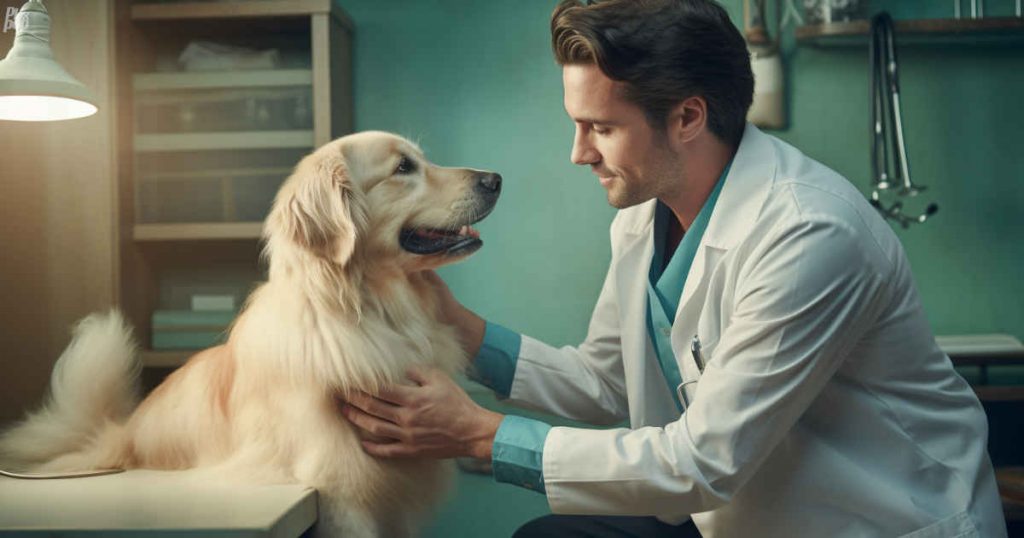
Managing Chronic Health Conditions
Chronic health conditions like arthritis, diabetes, and kidney disease are common in senior pets. Following veterinary guidance and administering prescribed medications consistently can promote full, enriched lives. Monitoring and adjusting treatments as needed ensures comfort and joy, allowing your pet to embrace their later years with grace.
Emotional Wellbeing and Mental Stimulation
Emotional and mental care is equally vital in senior pet care. Engaging games, quality time, and consistent companionship can ease anxiety and keep minds alert. Meeting emotional needs ensures that retirement brings relaxation and fulfillment, allowing your pet to enjoy a happy, healthy, and active life in their senior years.
Gentle Grooming and Hygiene
Attentive grooming sustains physical health and nurtures emotional bonds. Regular grooming rituals, performed with patience and care, enhance tranquility and deepen trust. This loving commitment affirms a lifelong relationship, strengthening the bond between you and your pet.
End of Life Care and Decision-Making
The final phase of a senior pet’s life requires compassion and courage. Prioritizing comfort, providing palliative support, and making informed decisions with the guidance of a veterinarian ensures a graceful closure to an extraordinary bond. Pain medications, favourite foods, soft bedding and human nearness bring solace. This sensitive approach honours your beloved friend’s well-being to the end, ensuring that suffering does not dominate their fading time.
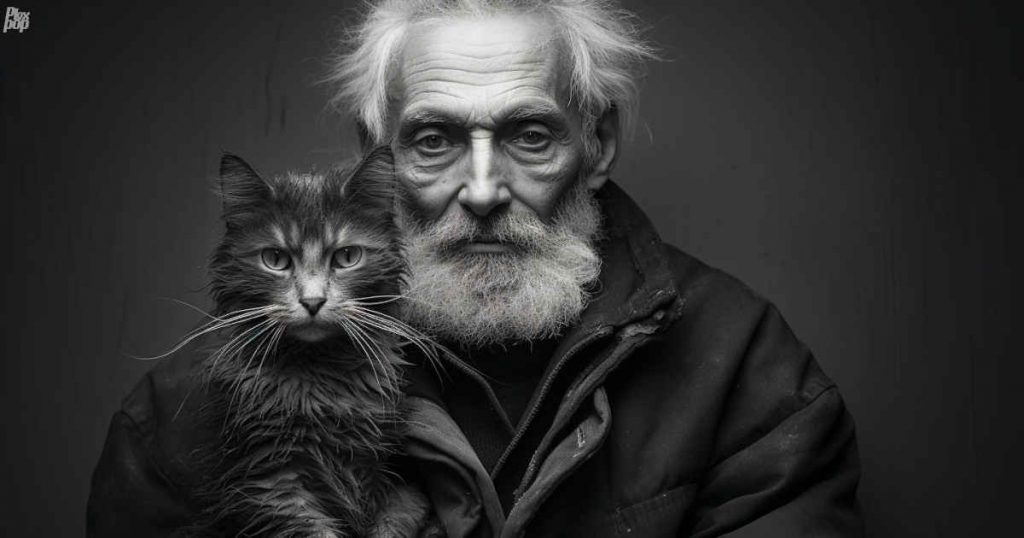
A Lifetime of Devotion
Senior pet care is a meaningful way to show our bond with animals. As they age, their needs change and it’s important to adapt to ensure they have the best possible quality of life. Our pets are more than just furry or feathered companions; they are our friends. Throughout their lives, we move together in a dance of devotion, celebrating the love and trust that defines our relationship. Whether our pets are young and energetic or fragile with age, we must remain vigilant and honor their needs to maintain our exceptional friendship. In doing so, we affirm the bond that goes beyond species and demonstrates the depth of our affection for our furry friends.


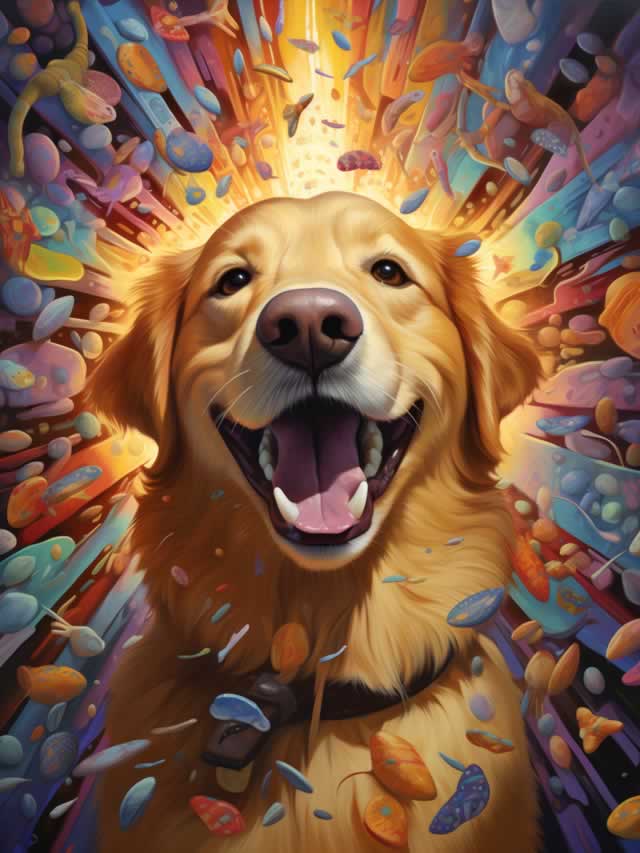
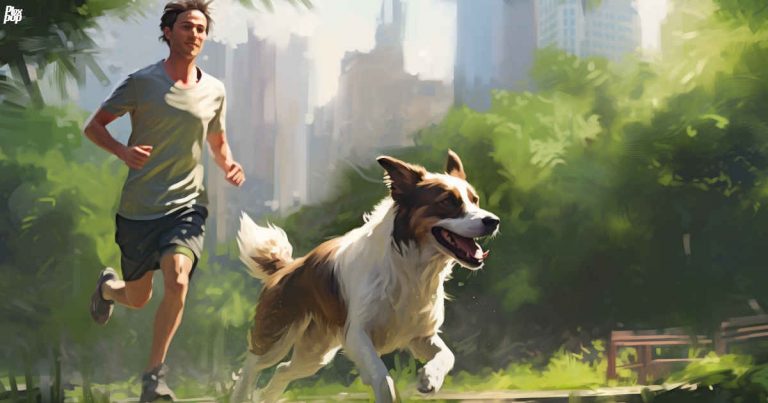
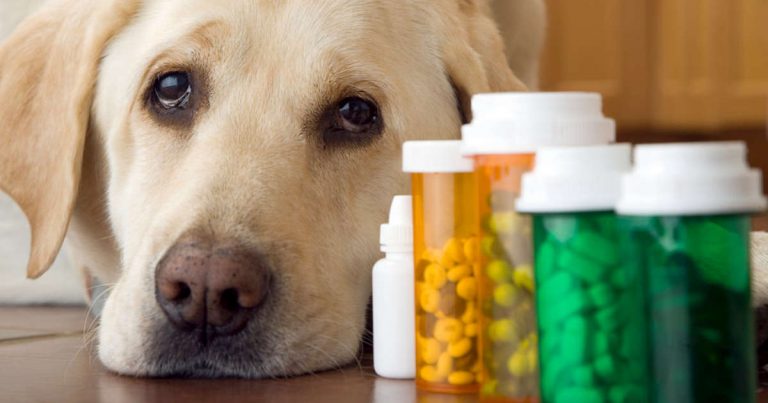
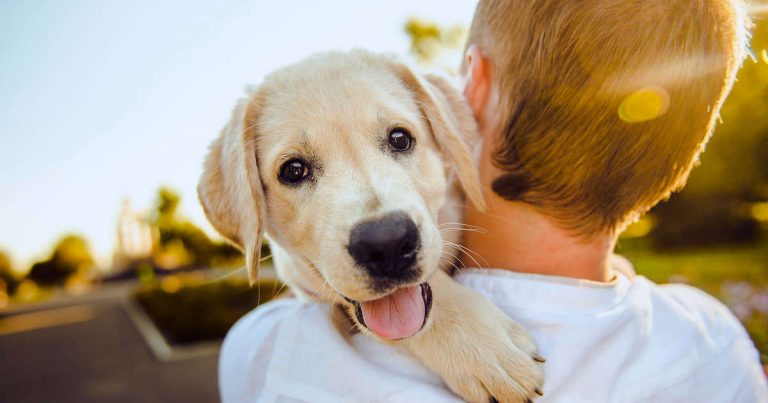
Leave a Comment